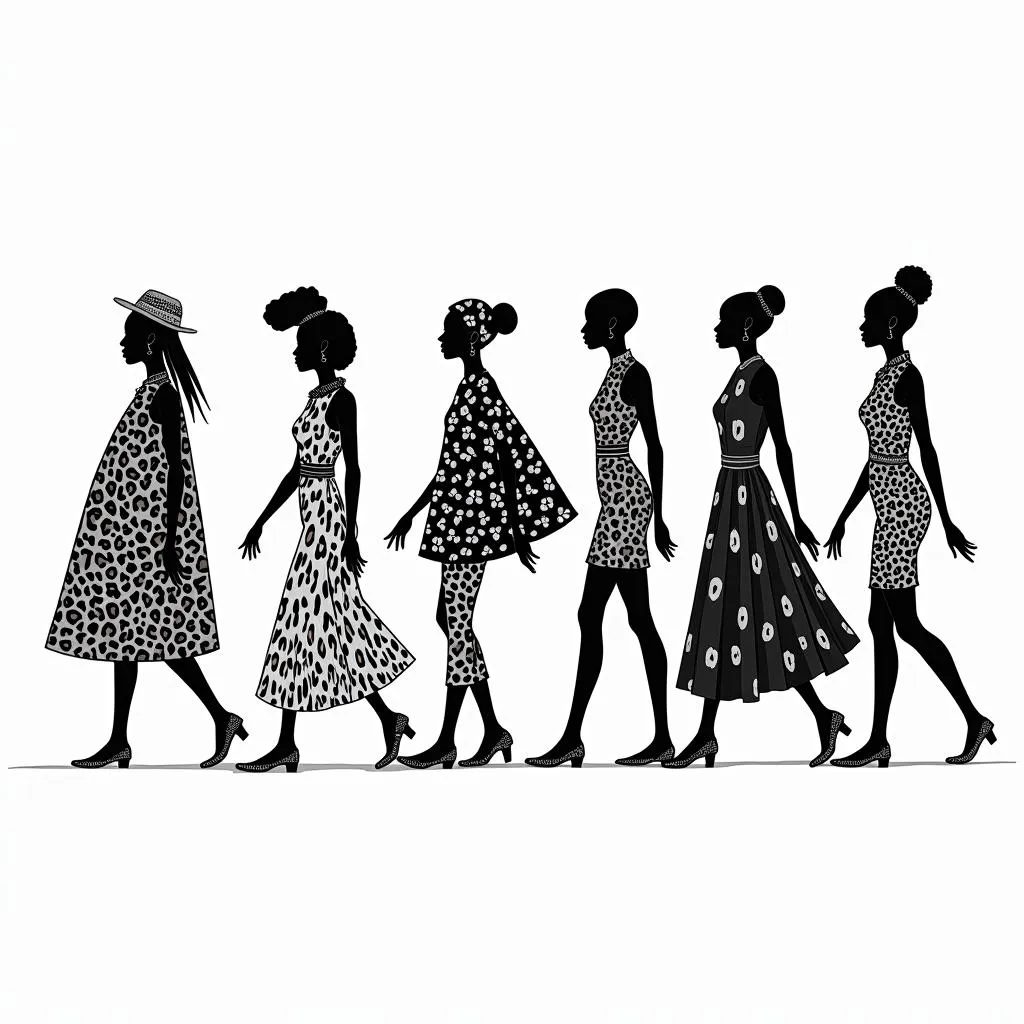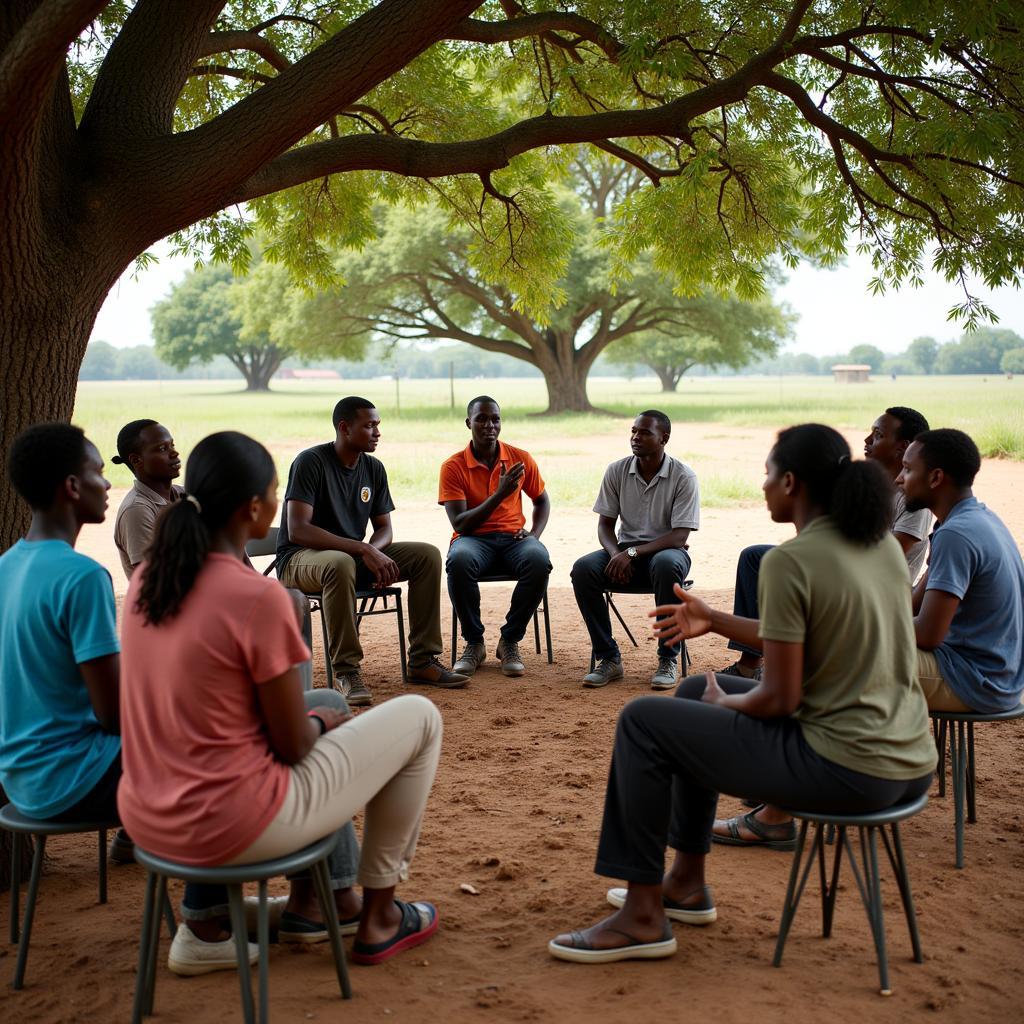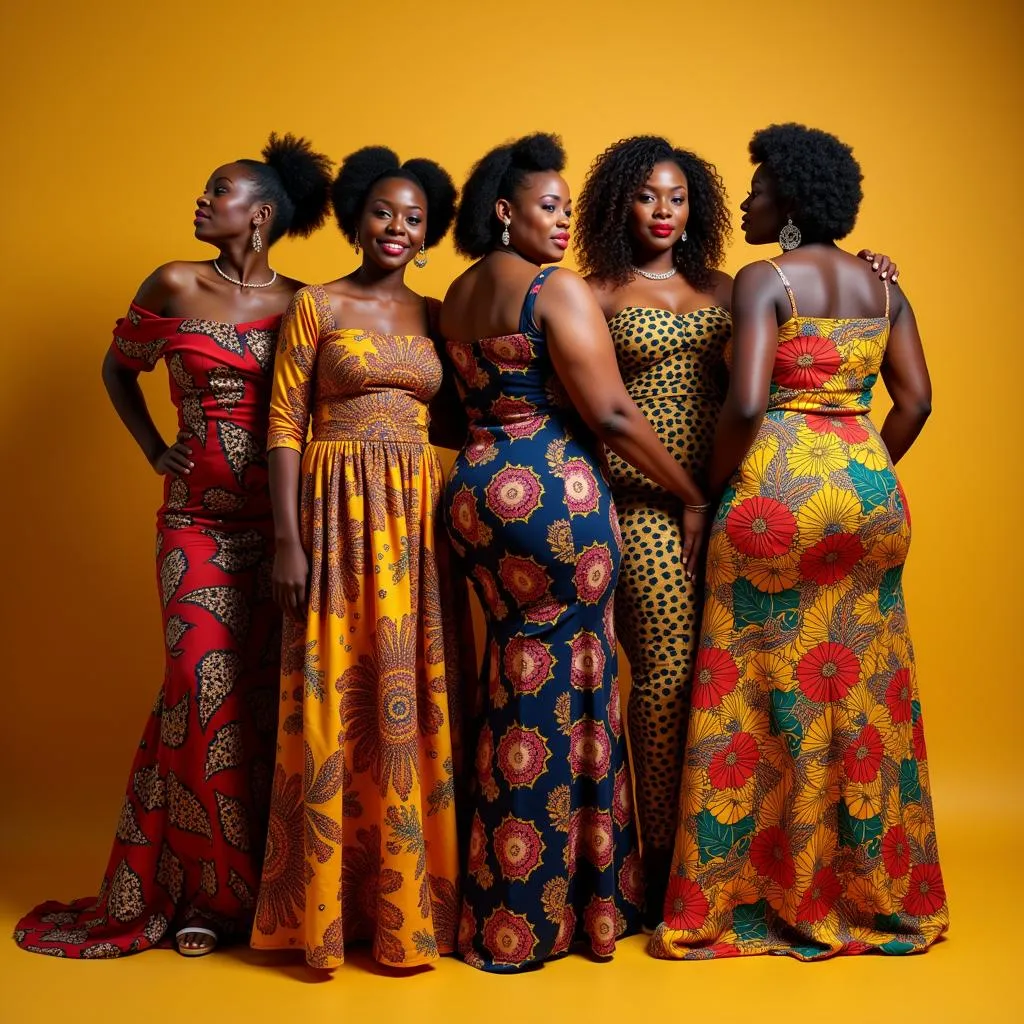Understanding Poverty and Housing in Africa: A Glimpse into “African House Poor”
The term “African House Poor” might seem strange at first, but it reflects a complex reality for many on the continent. While Africa is rich in culture, resources, and potential, poverty remains a significant challenge. This impacts numerous facets of life, with housing often painting a stark picture of the disparities that exist.
Beyond the Single Narrative: The Diversity of “African House Poor”
It’s crucial to understand that Africa is not a monolith. The term “African house poor” encompasses a wide range of situations.
Rural vs. Urban Divide
-
Rural areas: Traditional homes built from locally sourced materials like mud bricks, thatch, or bamboo are common. These structures might be viewed as inadequate by external standards, but they often represent generations of cultural knowledge and resourcefulness. Poverty in these contexts might mean struggling with food security, access to clean water, or healthcare, alongside housing conditions.
-
Urban areas: Rapid urbanization has led to the growth of informal settlements or slums. These areas are characterized by high population density, lack of basic services, and often, precarious housing constructed from corrugated metal sheets, recycled materials, or whatever can be found.
Beyond Physical Structures: Defining “Poor”
Poverty isn’t solely about the physical state of a house. It’s intertwined with:
- Access to basic services: Lack of sanitation, clean water, electricity, or waste removal can make even a structurally sound house unsafe and unhealthy.
- Security of tenure: Many living in informal settlements lack legal rights to the land, facing constant threat of eviction and displacement.
- Overcrowding: Limited space impacts health, hygiene, and overall well-being, particularly for families.
Factors Contributing to “African House Poor”
The reasons behind inadequate housing in Africa are multifaceted:
- Historical Legacy: Colonialism’s impact on land distribution, resource exploitation, and economic systems continues to cast a shadow.
- Poverty Cycle: Limited access to education, healthcare, and economic opportunities trap generations in poverty, hindering their ability to improve housing conditions.
- Rapid Urbanization: Cities are struggling to accommodate the influx of people seeking better lives, leading to the growth of informal settlements lacking basic infrastructure.
- Climate Change: Droughts, floods, and extreme weather events disproportionately impact vulnerable communities, damaging homes and displacing families.
Shifting the Narrative: Moving Beyond “African House Poor”
While the challenges are real, it’s essential to highlight the resilience, innovation, and hope found across the continent.
- Community-led initiatives: Many communities are taking charge, developing innovative and sustainable housing solutions using local materials and knowledge.
- Governmental policies: Some African governments are making strides in urban planning, slum upgrading, and providing affordable housing options.
- Investment in infrastructure: Improving access to basic services like water, sanitation, and electricity is crucial to improving living conditions.
Hope for the Future: Building a Brighter Future for All
The narrative of “African house poor” is changing. By understanding the complexities, addressing the root causes of poverty, and supporting local solutions, a future where everyone has access to safe, decent, and affordable housing is possible.
FAQs
1. What are some of the challenges in addressing “African house poor”?
Tackling poverty, improving governance and land rights, investing in infrastructure, and addressing the effects of climate change are all key challenges.
2. Are there any successful initiatives aimed at improving housing in Africa?
Yes, numerous community-driven and government-led projects, along with support from organizations like the African Developm Bank, are making a difference.
Need More Information?
To learn more about housing solutions and challenges in Africa, check out our article on African houses poor.
Contact Us
For any inquiries or assistance, please don’t hesitate to reach out to us:
Phone: +255768904061
Email: [email protected]
Address: Mbarali DC Mawindi, Kangaga, Tanzania
Our dedicated customer support team is available 24/7 to assist you.



